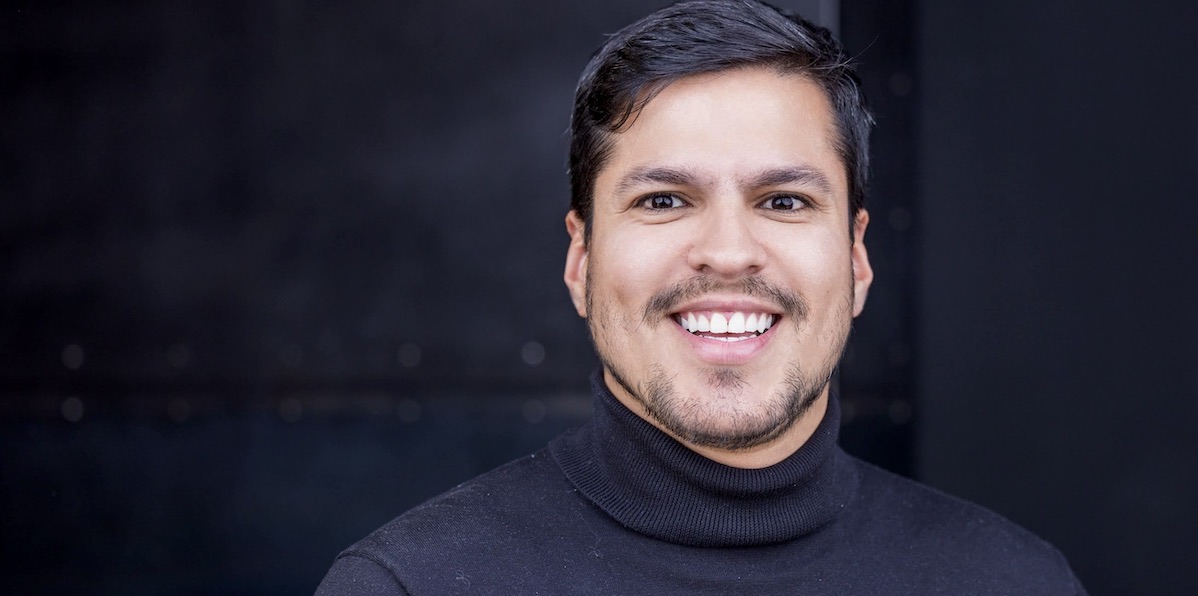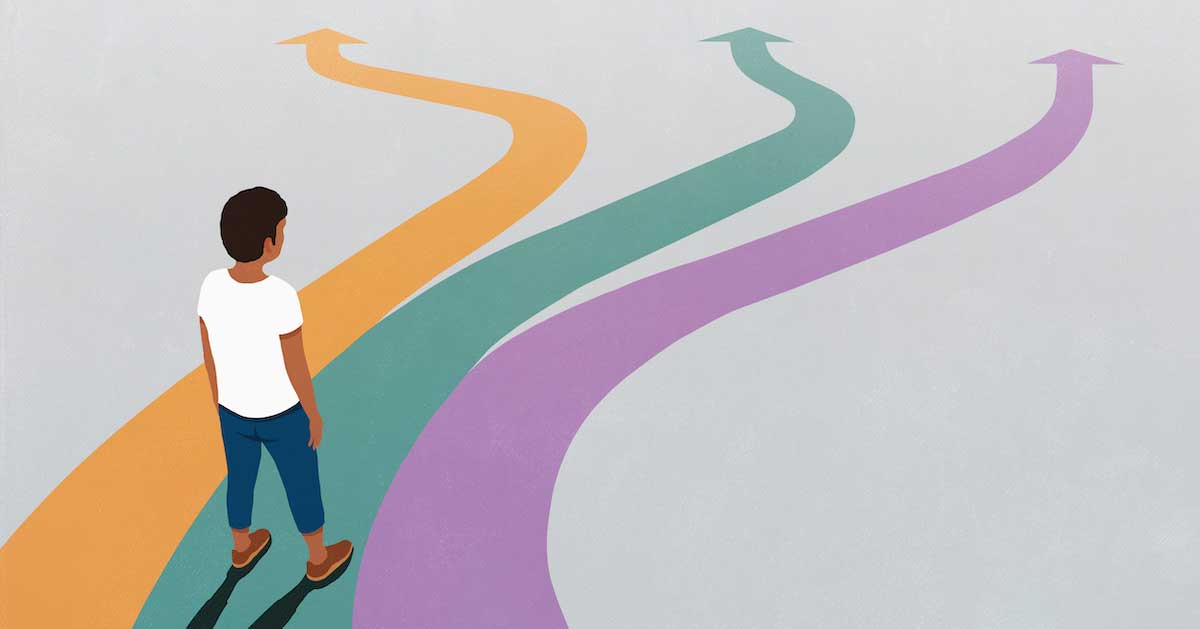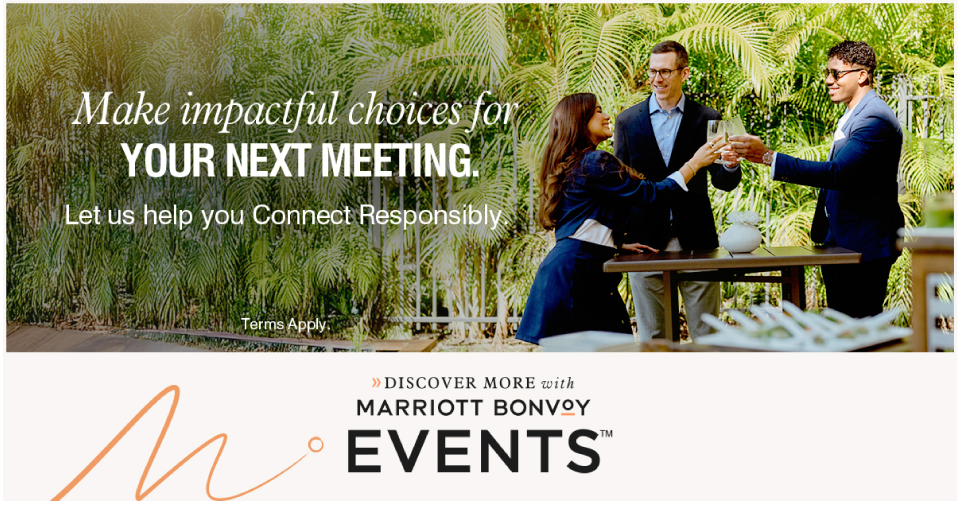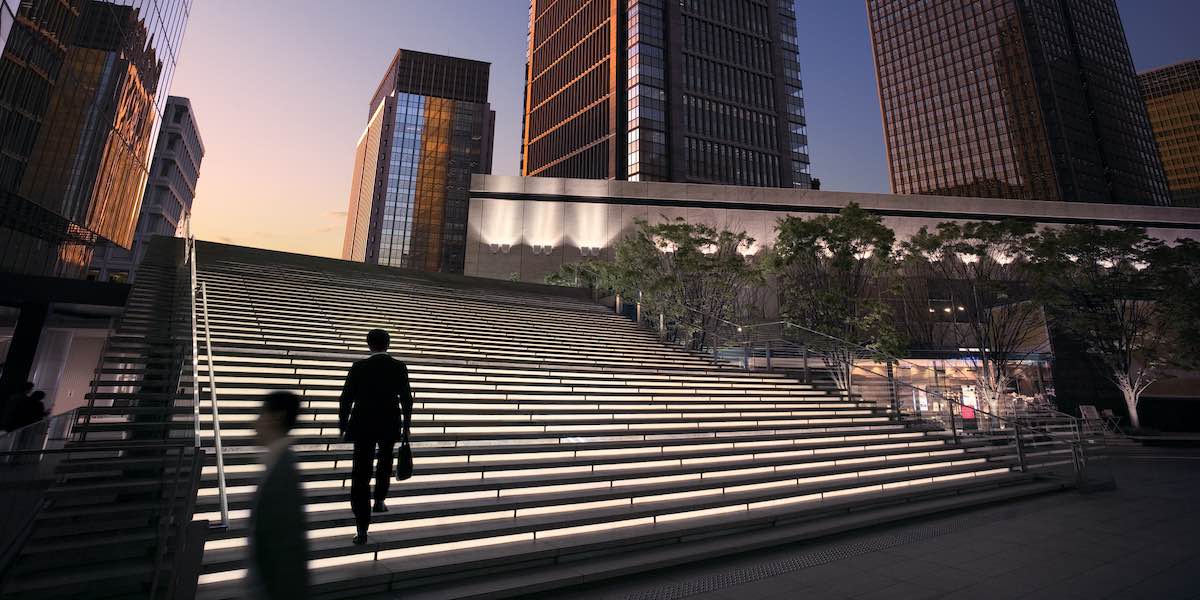Global events consultant Carlos Oliveira shares genuine and keen insights on design thinking in advance of his Oct. 10 session at IMEX America, “Reimagine events: Design sprint for positive change.”
How do you define “design thinking”?
Design thinking is a human-centered approach to solving complex problems through creativity, collaboration and empathy. It’s about deeply understanding the needs of people—whether they’re event attendees, partners, clients or community members—and using that understanding to develop innovative, impactful solutions. Instead of rushing to solutions, design thinking encourages us to spend time researching, learning and truly listening to our users, pushing us to consider different perspectives. By emphasizing experimentation, iteration and feedback, it allows us to reimagine events in a way that truly serves people while prioritizing sustainability.
What led you to incorporate design thinking into your own event processes?
Incorporating design thinking into my event processes was driven by the need to create more meaningful, impactful experiences. I realized that, as event professionals, we often see a challenge and want to jump straight to a solution—one that might be limited by our own biases or experiences. Design thinking taught me to take a step back, to explore the problem more deeply, and to challenge my assumptions.
During my postgraduate studies in design thinking for sustainability, I embraced the idea of diving in with an open mind—spending time researching, talking with stakeholders and looking sideways for inspiration. This approach allows me to design events that not only run smoothly but also foster true connections and leave a lasting, positive impact.
"By pushing beyond our biases and comfort zones, and by truly listening and learning from our users, we can discover unexpected insights that lead to far more innovative and engaging events."
What do you think prevents event professionals from diving into and adopting design thinking?
One major barrier is the perception that design thinking is overly complex or time-consuming. Many event professionals face tight timelines and budgets, and the idea of adopting a new process may feel daunting. Additionally, it can be challenging to shift away from the familiar, linear planning methods we’ve always relied on.
Design thinking requires a willingness to embrace uncertainty, explore the problem space without immediately jumping to solutions and be open to different perspectives. It’s about looking beyond the obvious answers, which can feel uncomfortable or inefficient in a fast-paced industry. However, by pushing beyond our biases and comfort zones, and by truly listening and learning from our users, we can discover unexpected insights that lead to far more innovative and engaging events.
What’s one action that planners can do right now to ensure their events leave a more positive footprint or stamp on attendees and/or the host destination?
One actionable step is to prioritize local community engagement by listening to the needs of the community and understanding the impact and challenges of hosting an event. Work with people who have local knowledge—those who can provide insight into what will be most beneficial and sustainable. At Beyond Now Collective, we’re proud to support such efforts through our consultancy and incentive trips, which offer opportunities to leave a positive legacy in the host destination—from carbon reduction and offset initiatives to meaningful community projects. By collaborating with local experts and creating something aligned with community needs, planners can ensure their events are not only impactful but also meaningful for everyone involved.
What’s one thing that you hope attendees will take away from your session, “Reimagine events: Design sprint for positive change”?
I hope attendees will walk away with a clear understanding that collective action can drive real change in the event industry. Through our design sprint, I want participants to feel empowered to think creatively, to challenge their biases and to truly listen to the needs of their attendees. It’s about being curious, embracing new ideas and looking beyond the obvious answers to discover unexpected insights. By pushing beyond our comfort zones and taking those first intentional steps, we can transform events into more purposeful, responsible experiences that make a lasting positive impact.







